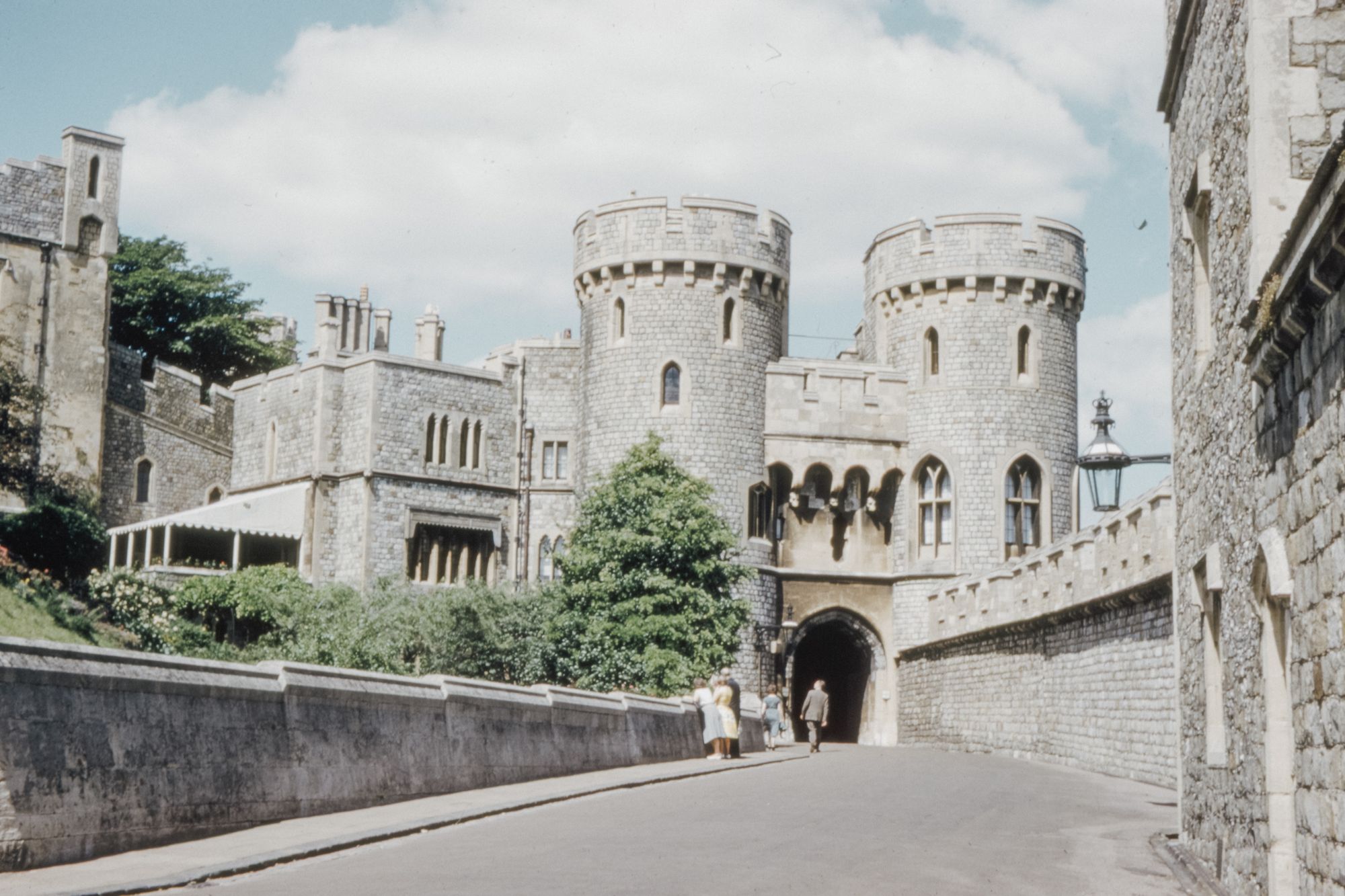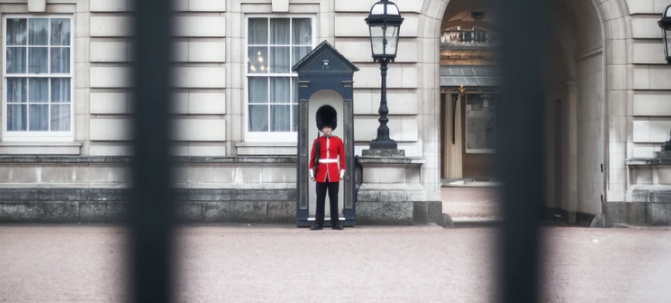Header image by Annie Spratt on Unsplash.
The British Royal Family has been under heavy fire since the airing of Meghan Markle and Prince Harry's interview with Oprah Winfrey on CBS on March 7. Meghan's allegations of racism against her and her son Archie, and Harry's deteriorating relationship with his brother and father, have put the focus on the monarchy itself, and what things might be like in the U.K. if it didn't exist.
How would it happen?
On the most basic level, the British people would need to vote on a referendum, not unlike the 2016 Brexit referendum where 51.9% of participants voted for the U.K. to leave the European Union. Advocates for a British Republic say they'd want a sizable majority to be in favor of abolishing the monarchy before pushing for such a referendum.
And this feels like a long way off. In a poll taken the week before Harry and Meghan's interview, just 17% of Britons said it would be better for the future of the country if the monarchy were abolished. In a YouGov poll taken after the interview, 63% of respondents said the U.K. should continue to have a monarchy. And Harry and Meghan got less popular in the U.K. following the interview. (tweet this)
Interestingly, 53% of Canadians said in a recent survey that the nation should cut its ties with the British monarchy. (Yes, Canada is a Commonwealth realm as a former British colony, with Queen Elizabeth II as its head of state. You knew that, right?)
It's possible that Parliament could pass legislation or amend the "uncodified constitution" to get rid of the monarchy, but they're unlikely to do this without a major public movement to make it happen.
But, let's say, for the sake of this article, that a majority of U.K. voters did want to do away with the system. Then what?
British taxpayers would get some money and land back
The royal family is very, very wealthy. However, only a portion of their wealth comes from their own private ownership of property. A sizable chunk belongs to the Crown Estate, a massive holding of land and assets that transfers from monarch to monarch. That is, it's owned by the monarchy itself, not by Elizabeth II. If the monarchy is abolished, she doesn't get to keep the Crown Estate, which is valued at about £12B.
Of course, all earnings generated by the Crown Estate are already highly taxed and the Queen receives a grant equal to about 15% of the Estate's profits. That was £43M in 2016. Groups advocating to get rid of the monarchy claim that it costs the U.K. £334M every year. That's still only a fraction of the weekly funding for the NHS, but it's quite a lot for one family.
Buckingham Palace would almost certainly become a tourist attraction and museum of some sort, which it already is during the summer when the Queen is typically at Balmoral Castle. Other residences owned by the Crown Estate, including Windsor Castle and the Palace of Holyroodhouse, would also become public – and likely protected and historical – lands.

What would happen to the royal family?
They still own plenty of property that's not part of the Crown Estate, such as Anmer Hall, a wedding gift from the Queen to William and Kate, and Gatcombe Park. Balmoral Castle in Scotland is also privately owned. The Queen and her family could opt to live in one of these lavish residences and sell the others, if they were hard up for cash.
Queen Elizabeth, 94, Prince Philip, 99, and Prince Charles, 72, are probably advanced enough in years that they could afford to retire on their existing fortune. William and Kate, however, might follow the route taken by Harry and Meghan, who said they've been cut off from the royal family's funds for the last year, and have lived off of Harry's inheritance from his mother, Princess Diana, and new media deals they've made with Netflix and Spotify. According to Fox Business, Harry and Meghan have a combined net worth of about $50M.
Though William and Kate might take a PR hit with the dissolution of the British monarchy, they'd probably still be able to manage some lucrative media deals (book, audio, visual, or otherwise) to keep them flush.
What else would need to change?
Not too much. The Bank of England might need to change out the faces on its currency, and the British national anthem could either switch around some lyrics or adopt a new song altogether. The royal family would likely still have a security detail, though it's unclear if they would pay to keep the traditional Queen's Guard or opt to hire individuals that tourists won't get a kick out of taunting.

There's also the matter of the Commonwealths. It's been assumed if the monarchy was abolished, that Australia, Canada, New Zealand, Dominica, Grenada, St. Lucia, Vanuatu, et al. would also be fine letting it go, though some discussions online suggest that might not be the case. Commonwealth nations might also elect to switch out some currency and remove references to the monarchy from their constitutions. Canada, for example, could opt to elect its Governor General, who proclaims laws passed by Parliament, or have them officially appointed by the Prime Minister. Currently, the Governor General is appointed by the Queen to serve as her surrogate.
Other than those few remaining administrative issues, you'd have a functional British government minus one monarch. Perhaps, however, the U.K. would hold on to the title of "United KINGdom" for the sake of tradition.
Share this article on Twitter.
About the writer: Jonathan Harris is a writer for Inside.com. Previously, he wrote for The Huffington Post, TakePart.com, and the YouTube channel What’s Trending.








